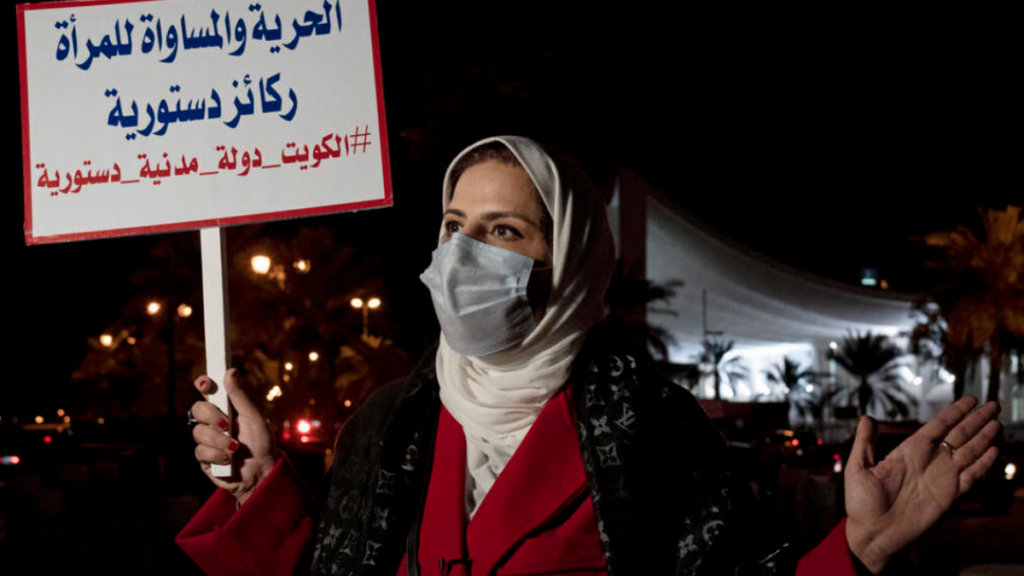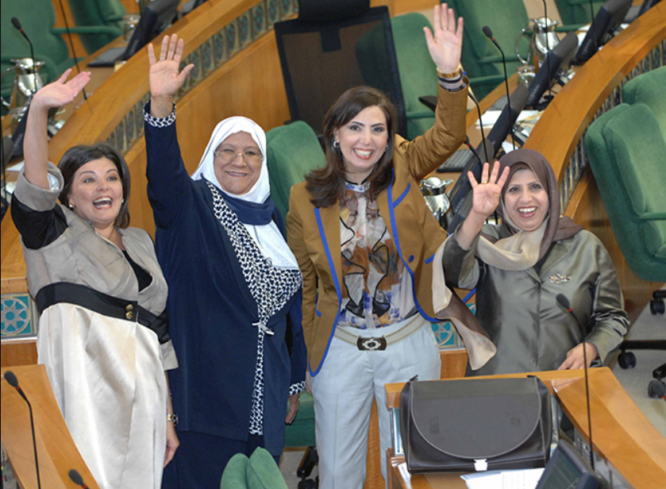Since the beginning of time, women in the Arab Gulf nation of Kuwait have played a significant part in the growth of both society and the nation as a whole. On May 16, 2005, however, they were finally granted the ability to vote for the first time.
It was the late Amir Sheikh Jaber Al-Ahmad Al-Sabah who made the decision to provide women with political rights. This prompted the administration to present a draft law to the National Assembly, which ultimately supported the historic move and voted in favor of it.
The late Sheikh Jaber was a strong supporter of the concept that women should play a significant part in the growth and progression of the State of Kuwait in all areas.

The achievement of women’s political rights in Kuwait is the zenith of decades of effort.
The first-ever female candidates and voters took part in parliamentary elections in 2006, marking a significant milestone for the advancement of women’s political representation. But it wasn’t until 2008 that four women ran for office and won their respective races.
Women have been able to demonstrate that they are equally as capable as their male counterparts by achieving success in executive roles, where they now make up 21 percent of all executive postings.
The overall representation of women in the workforce is 59 percent, which is much higher than the worldwide average of 39 percent and contributes greatly to the realization of the 2035 New Kuwait goal.
In Kuwait, gender parity is mandated by the country’s founding document, the Constitution. In addition tohaving a multitude of laws that support, promote, and protect women, the country is also compliant with an international agreement that was signed in 1994 to abolish discrimination against women.
The political leadership has placed a high priority on the emancipation of women and the advancement of their civil, political, economic, and social rights. As a result, the government has established a ministerial portfolio dedicated to issues pertaining to women and children.
In honor of the role that women played and the sacrifices they made, notably during the Iraqi invasion of Kuwait in 1990–1991, the government also wishes to ensure gender equality in accordance with the constitution, development objectives, and international treaties. This is being done in acknowledgment of the fact that gender equality is a constitutional requirement.
Women in Kuwait are highly respected in both the public and business sectors, where they hold a significant number of executive positions and are also outstanding representations in the roles of ministers and ambassadors.





